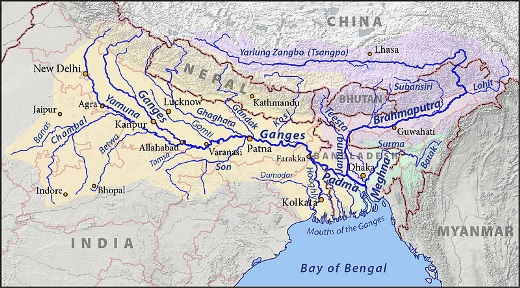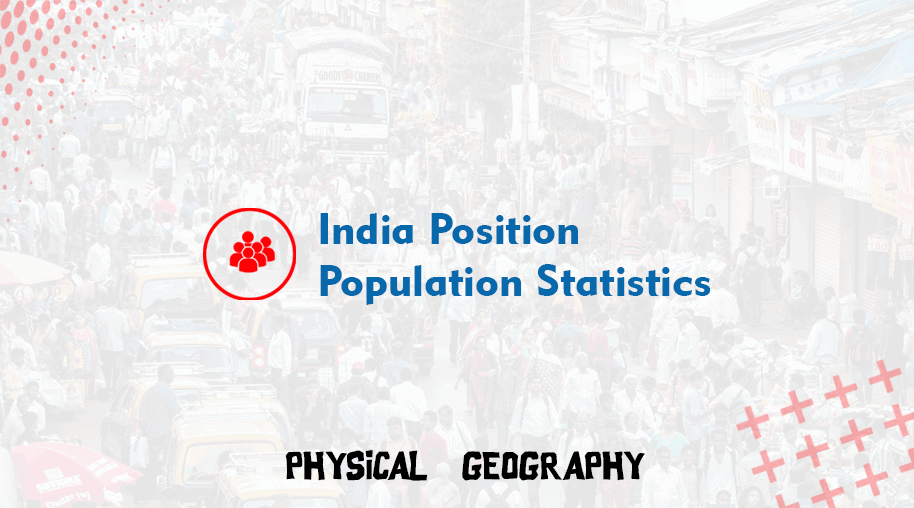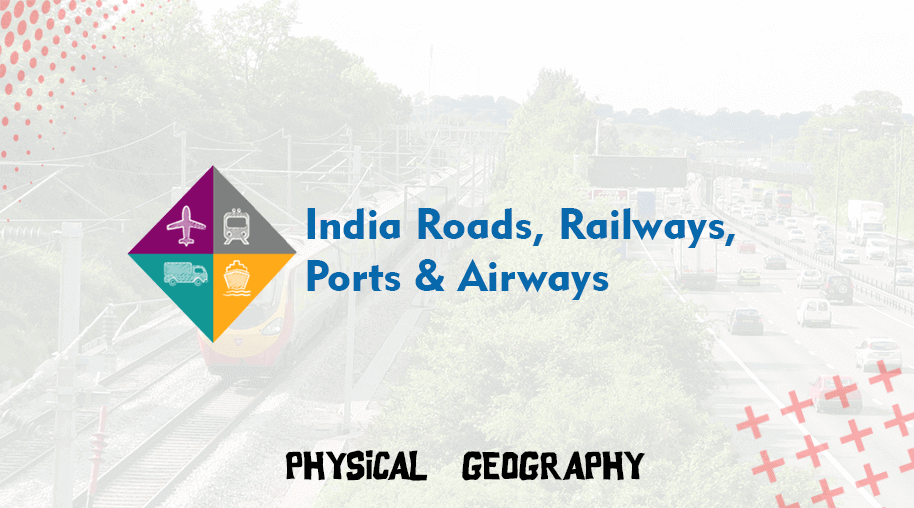River System of India – Brahmaputra River System
by Devender
0 1308
There is 3 prime Watershed of River Origin in India namely:
- Himalayas and Karakoram ranges
- Vindhya, Satpura ranges, and Chota Nagpur Plateau
- Western Ghats
- Himalayan Rivers
- Deccan Rivers
- Coastal Rivers
- Rivers of the inland Drainage basin
- It is known as TSANG – PO in Tibet
- It is known as YARLUNG ZANBO in China
- It turns at Dhubri to enter Bangladesh
- It is known as Jamuna in Bangladesh after joining Teesta
- It joins with Ganga & Meghna and merges with the Bay of Bengal
- It forms many river islands out of which Majuli is the world 2nd largest one
- It is known as the lifeline of Sikkim
- It along with river Dihang merges into the Brahmaputra, at Sadia town (Arunachal Pradesh)
The rivers of India can be categorized into 4 categories on the basis of their origin which are:
Ganga is the largest river in India followed by the Godavari. The top 5 largest rivers of India are: Ganga > Godavari > Krishna > Yamuna > Brahmaputra.
Brahmaputra River System
It originates from Chemayungdung Glacier (Kailash Range, Tibet). It forms Grand Canyon in Tibet and it turns southward near Namcha – Barwa.
It enters Arunachal Pradesh as Dihang River at Sadiya, emerging from the mountains. Then, it is joined by the Dibang river from the north & the Lohit river from the south and came to be called the Brahmaputra.

Its Major tributaries are - Dihang, Lohit, Subansiri, Teesta, Meghna (Barack in Assam), Manas
1 Teesta
It is a major tributary of the Brahmaputra. It rises from Sikkim.
2 Lohit
Another major tributary of Brahmaputra. It flows through Arunachal Pradesh.

Share:







Comments
Waiting for your comments